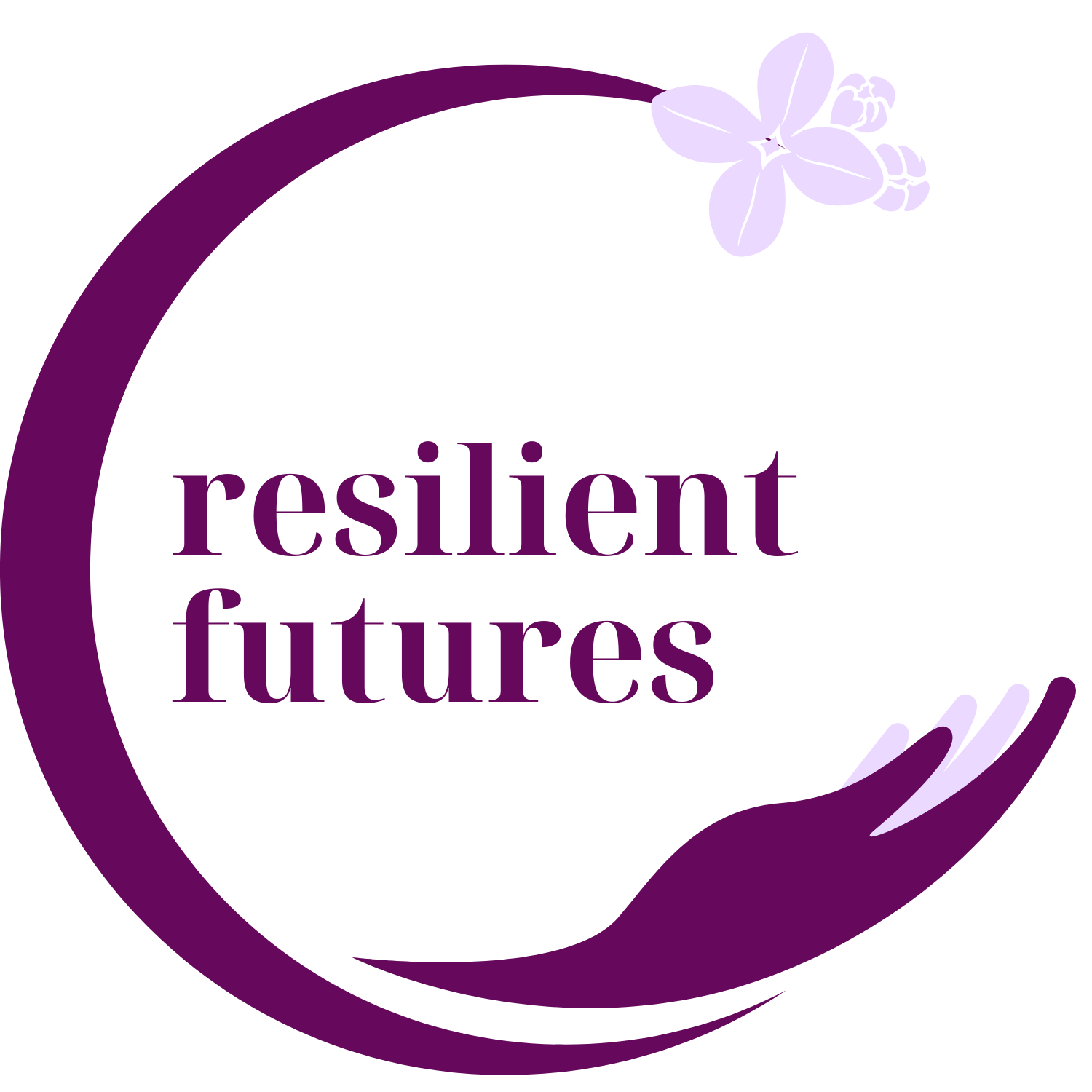How Trauma-Informed Classrooms Support Neurodivergent Students: A Guide for Educators and Families
Neurodivergent students bring unique strengths, perspectives, and ways of engaging with the world. However, traditional educational environments are often not designed to support the diverse ways in which neurodivergent minds learn and process information. Here we explore what it means to be neurodivergent, the challenges neurodivergent students face in traditional educational settings, and how trauma-informed practices can transform their learning experiences—supporting healing, growth, and success.
Sign up to read this post
Join Now
